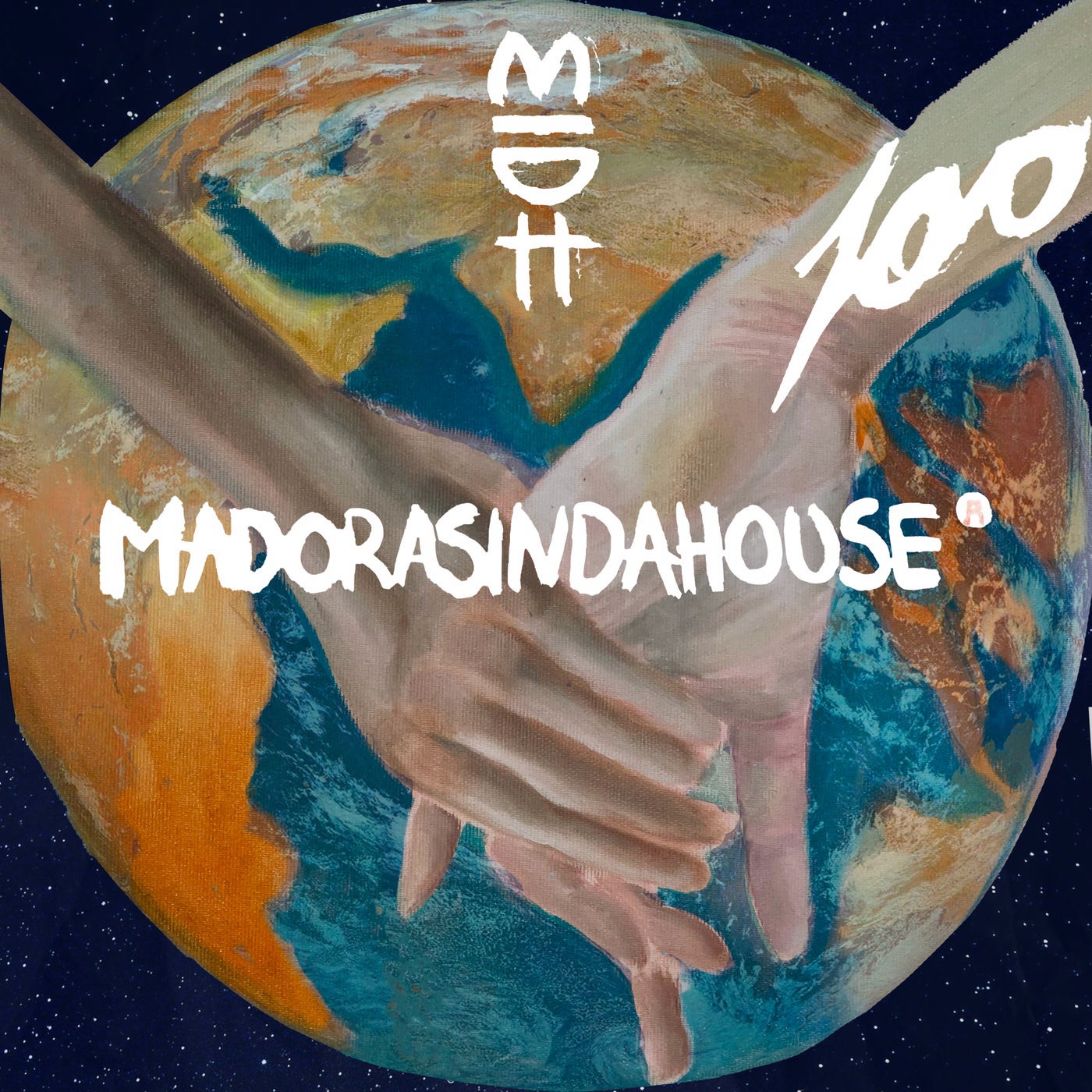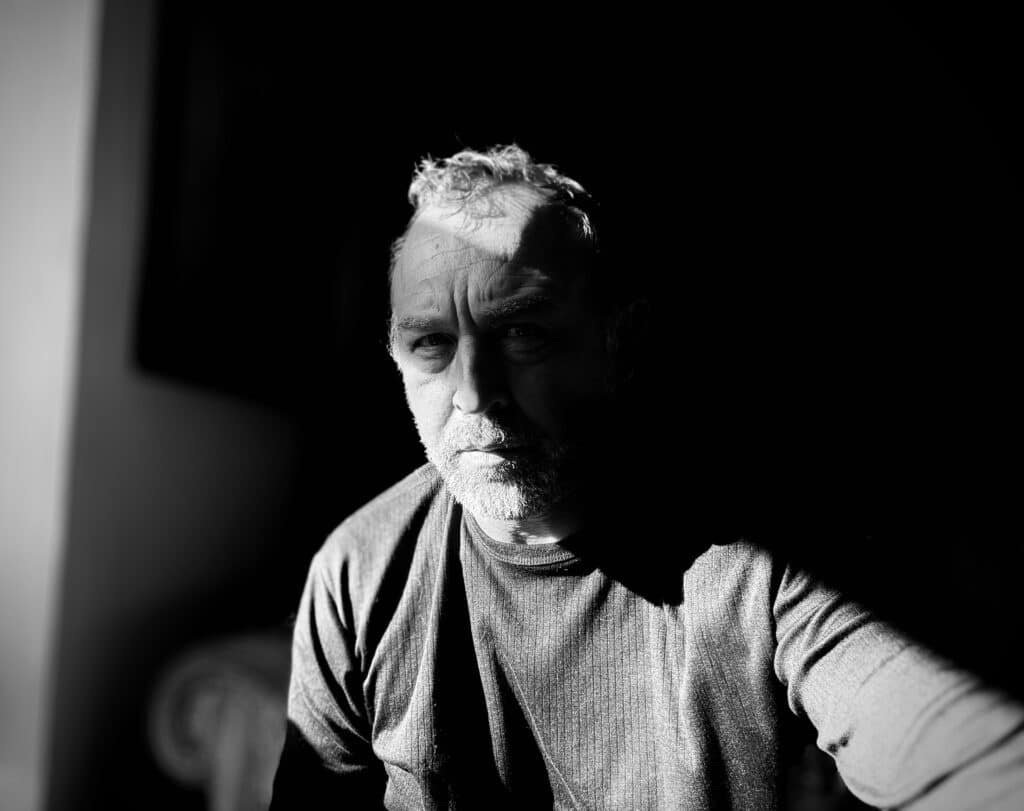Since starting her musical journey in 2017, Sudan Archives has become synonymous with the violin, garnering a reputation as an artist who doesn’t just fiddle with the strings on her instrument, but the entire framework of electronic music. From the mythic, classically tinged textures of her 2019 debut ‘Athena’ to the playful, identity-shifting manoeuvres of her 2022 follow-up ‘Natural Brown Prom Queen’, she’s spent her career bending the violin around R&B, hip-hop, electronic textures, afro-pop and more. But with her imminent third offering, ‘The BPM’, the artist – real name Brittney Parks – steps fully into a new persona: Gadget Girl.
The alter-ego comes after a recent period of upheaval in Parks’ life, in which she experienced a breakup, sold her home and left behind an iteration of her life. Entering a new chapter, she began expanding her sonic armoury, noting that previously she had “hidden” a version of herself. “When you put yourself out there, it’s a lot,” she reasons, adding that she just wanted to “keep part of [her] personality to [herself] that no one could criticise”. But, with ‘The BPM’, she put herself first, executive-producing a record where she invites us into her world: chaotic, fun and ever-changing.
Inhabiting the character of Gadget Girl, the 31-year-old tells NME from her home in Los Angeles, allows her to “showcase the new personalities I have. I’m aggressive, playful, experimental”. “After my breakup, I wanted to pour all my devotion into something,” she continues to explain. “Gadget Girl became an excuse to be unapologetically myself, to explore [every side of me]. It’s a special moment in my life.”
Parks describes ‘The BPM’ as “cathartic and reinvigorating”, and as she emerged from her spell of heartbreak, she retreated into a studio filled with MacBook Pros, Roland SP-404s, MIDI violins, and headset mics. These tools and machines became companions, even therapists. “I’ve been a violin nerd my whole life,” she jests – and she means it: she taught herself how to play by ear as a child in Cincinnati, and has an expansive collection of violins hung on the wall behind her.
Among them is a custom-made “violin guitar”, which she describes as “essentially a mandolin with the same tuning as a violin”. A friend had casually suggested the concept to her, and soon Parks was emailing a luthier in New York, asking for a guitar she could bow and pluck like she does her fiddle.
The result is a hybrid instrument that bridges folk tradition and cyber-futurism in one swoop – an object that feels like a physical extension of her love to “experiment with the violin sound”. “You might not always hear it [on ‘The BPM’],” she explains, “but it’s there. Every song on the album has it, even if it’s disguised as something else – drums, piano, synth. I love messing around with the sound of it.”
This playing around is personal, historical, and political. Parks sees her discography as an “evolution of dance music: it starts with an instrument, then experimentation, then [becomes] what it is now.” She points to the goje – a tiny, gourd-bodied, one-string instrument from West Africa – on her wall. “The violin is very Black, and I think that we’re not really taught that,” she says. “My passion is to make the connection between all these traditional violins and how [they] stem from Black roots. It’s not just highbrow, white, classical music. It’s a very Black instrument. People danced to the fiddle long before house or techno existed. I’m reclaiming it as dance music.”
If her debut felt like a magical lo-fi collage and its follow-up a flamboyant self-portrait, then ‘The BPM’ is the heavy, futuristic rave – but also the most human of her records. It’s both a shedding and a renewal – a record to dance to, sweat to, heal to. Every track is designed to move bodies after Parks noticed, while she was performing, that neither the audience nor she was dancing. Instead of complaining about it, she decided to act. “I wanted to move,” she says now. “Movement has become part of my self-care. Even when I go on tour, I want to break a sweat on stage.”
“[The violin isn’t] just highbrow, white, classical music. It’s a very Black instrument”
The playful energy that colours the record – and is key to the Gadget Girl persona – will help get Parks’ crowds going. On ‘Ms Pac Man’ – a deep, chest-thrumming techno track – she jokes with “these funny little rhymes,” begging her lover to “put it in my mouth” and claiming she’d “turn a straight n***a bi’,” showing off her tongue-in-cheek wit using rap-level bravado. “Sexuality shouldn’t be taken so seriously,” she says. “I don’t like that people are judged because of their sexuality. My type is silly. I’m having conversations with myself and other people. Silly writing.”
Vulnerability and silliness are things Parks has recently started to embrace. “Of course, I’ll always care [about criticism], but I can handle it. Now I’m ready to show everyone the true me, which is a very silly person. Very silly, very spiritual, very loving. All of it in one.”
Spirituality and devotion thread through ‘The BPM’, inseparable from movement and performance. Years ago, her twin Cat and cousin Taylor formed a Christian girl group, a teenage take on Destiny’s Child, where harmony and ritual were central. Working with them again on ‘The BPM’ allowed Parks to channel that energy into her music. “Family unlocks a different part of me,” she says. “When I work with them, I feel like we’re touching a part of our history together. It’s devotional, almost sacred.”
Devotion is another integral part of ‘The BPM’ and across the album, it becomes a living, moving force. The rhythms, violin lines, and synths become a gospel of care, love, and bodily freedom, and Parks’ own spiritual practice translated into sound: layered violins create a meditative resonance, call-and-response vocal harmonies echo church choirs, and repetitive synth patterns are ritual throughout. Beneath the experimentation lies a string of positivity that she attributes to her upbringing in the church: “Gospel music’s very positive, uplifting, praising God music, so I feel like I’m doing my own version of that.”
 Sudan Archives credit: Yanran Xiong
Sudan Archives credit: Yanran Xiong
Her spin on it isn’t strictly theological, but her open-heartedness is still rooted in that deep, universal love for all. “I’ve been talking about that word [devotion] a lot, and I really feel like it applies to my music,” she explains. “I don’t think that anything should exist without devotion. It makes life so much better.”
Where others might have sunk into stillness, Sudan Archives chose to rise through rhythm. Gadget Girl isn’t just a persona; she’s a vessel, proof that reinvention can be both sacred and strange. ‘The BPM’ is Sudan’s devotion made physical: pain turned into pulse, pulse turned into prayer. It’s not merely an album to dance to – it feels like a sanctuary where every song is like a hymn in full technicolour: cybernetic and uncontainable.
Sudan Archives’ ‘The BPM’ is out on October 17 via Stones Throw Records



















 English (US) ·
English (US) ·